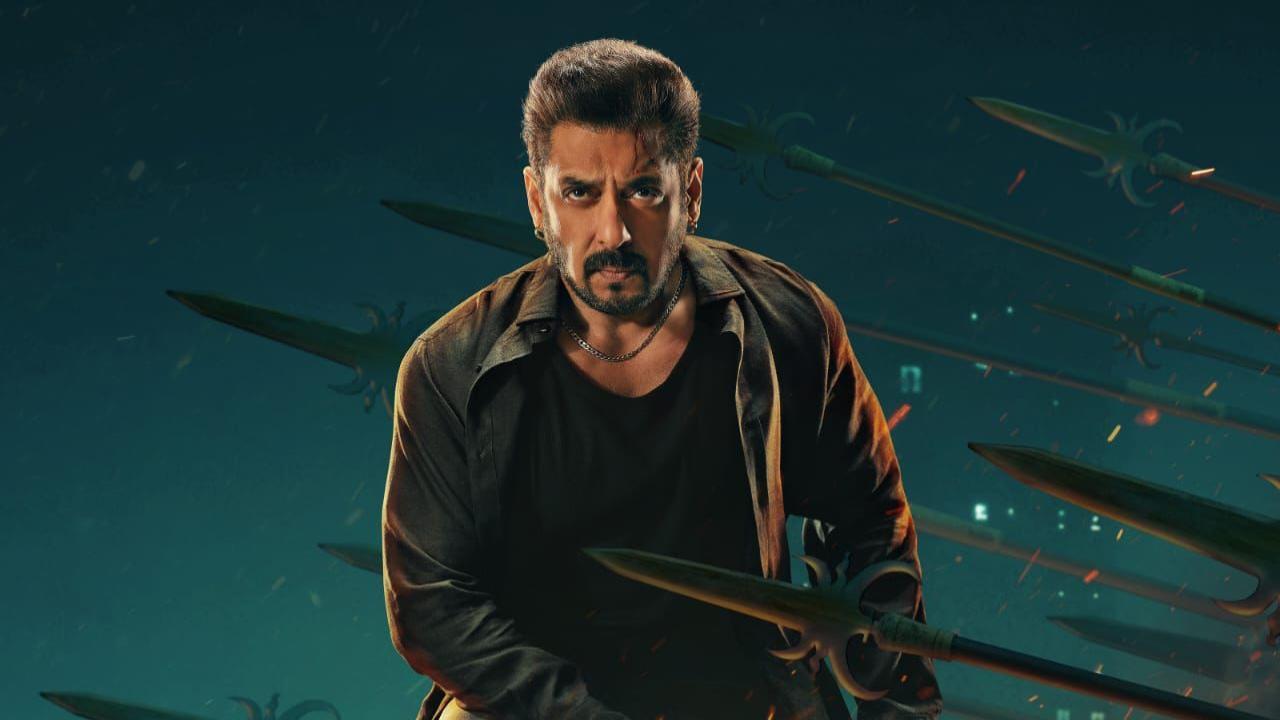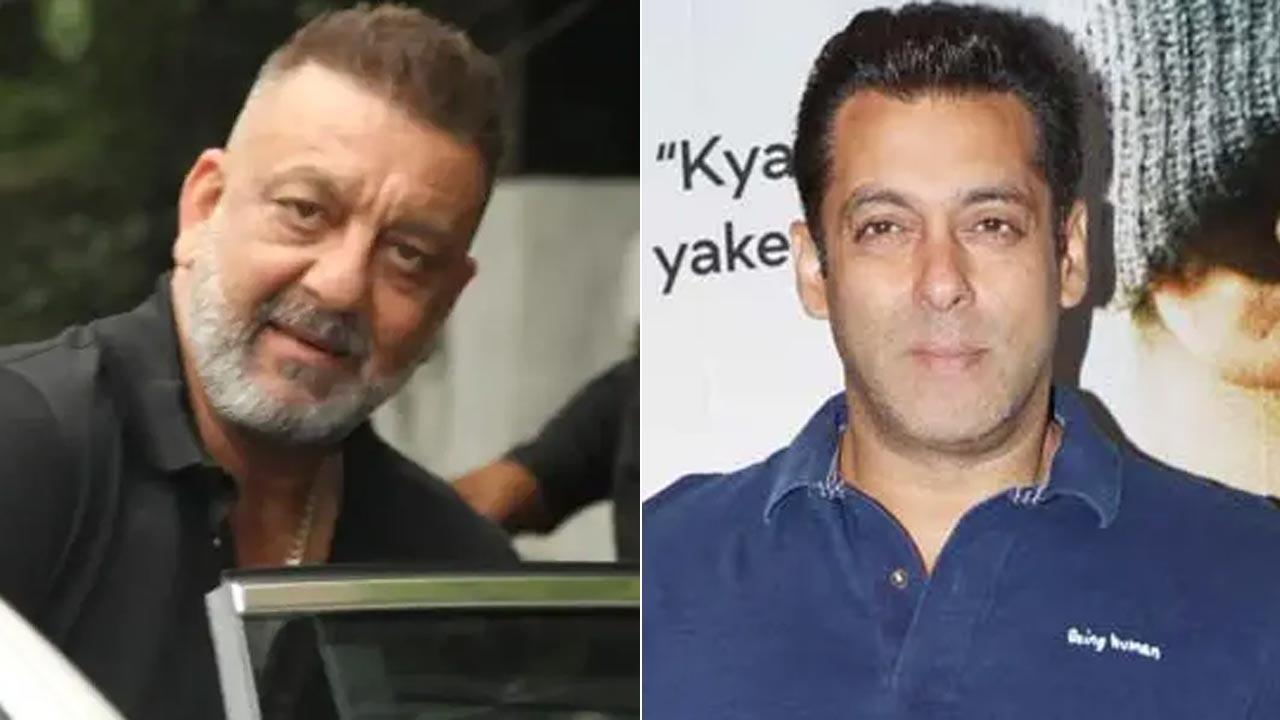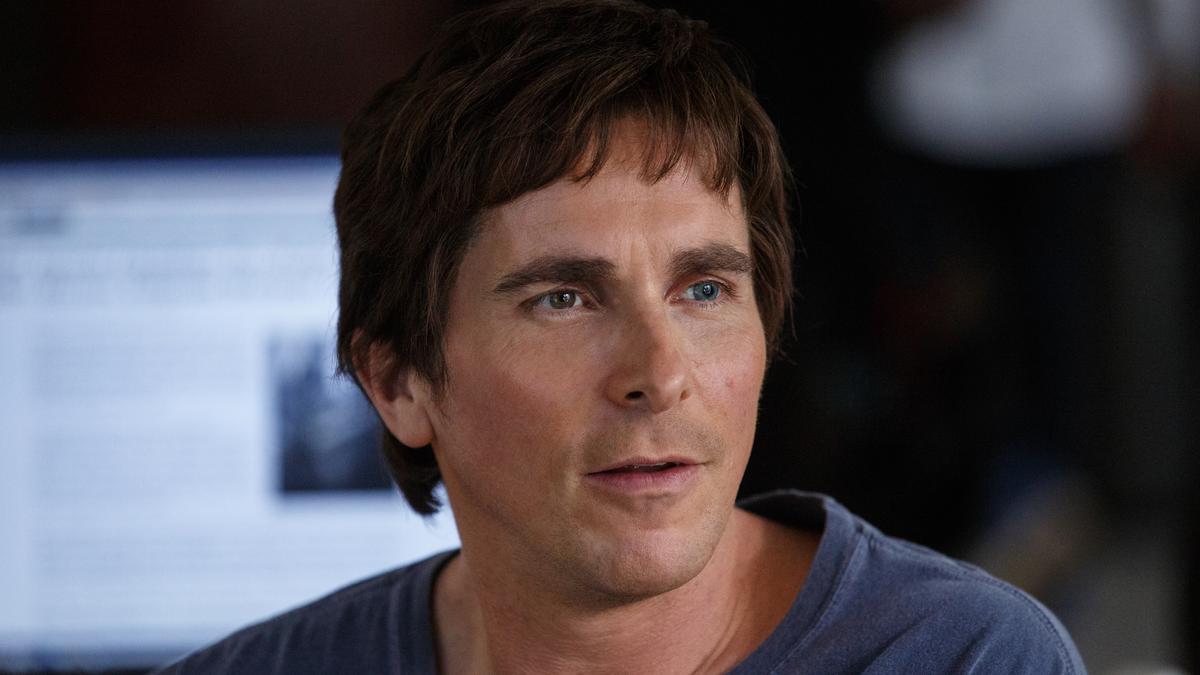
Today, September 26, marks the birth anniversary of one of Bollywood’s most celebrated actors, Dev Anand. A name that resonates with both the golden era of Indian cinema and modern Bollywood enthusiasts, Dev Anand’s contributions to film have left an indelible mark on the industry. Known as the Evergreen Hero, his legacy continues to inspire generations of actors and filmmakers. To honor this cinematic legend on his birth anniversary, let us revisit some of his most memorable dialogues that continue to remind us of his unparalleled talent and charm.
In Pics: Dev Anand
Dev Anand’s illustrious career saw him delivering some of the most iconic dialogues in Bollywood history. His films, known for their timeless narratives and captivating characters, were often elevated by his delivery of poignant lines. From the philosophical to the romantic, Dev Anand’s dialogues encapsulated the essence of his myriad roles. Let’s delve into some of these unforgettable moments from his cinematic journey.
### Awwal Number (1990)
One of Dev Anand’s later films, *Awwal Number* saw him sharing screen space with younger actors like Aamir Khan. Playing the role of DIG Vikram Singh “Vicky”, Dev Anand delivered a powerful dialogue that still resonates with many:
“Har kranti, har inquilab mutthi bhar logon se shuru hota hai; aur dekhte hi dekhte hazaron lakhon mein aasman ki oonchai tak phail jaata hai.”
This line highlights the impact a small group of determined individuals can have, growing into a revolution that soars to great heights.
### Guide (1965)
Arguably one of his most celebrated films, *Guide* featured Dev Anand in the role of Raju, the rogue-turned-spiritual-guide. The film is replete with philosophical musings and deep introspections, a reflection of the inner journey of the character. Among several notable lines, a few stand out:
“Jis jagah ko dekh kar parmatma ki yaad aaye; woh tirth kehlata hai; aur jis aadmi ke darshan se parmatma mein bhakti jage; woh Mahatma kehlata hai.”
This dialogue speaks to the divinity found not just in places, but in individuals who inspire pure devotion.
Another profound line from the same film is:
“Na sukh hai, na dukh hai, na deen hai, na duniya, na insaan, na bhagwan; sirf main hoon, main hoon, main hoon, main; sirf main.”
Here, the character reflects on the ultimate realization of the self, beyond the constructs of joy, sorrow, religion, and even the existence of God.
.
### Gambler (1971)
In *Gambler*, Dev Anand played the role of Raja, a character caught in the web of fate and chance. One of the most poignant dialogues from the movie highlights the contrasting ways in which men and women deal with heartbreak:
“Jab aurat ka dil tootta hai, toh woh apni sari zindagi un tukdon ko baantene mein kharch kar deti hai … aur jab mard ka dil tootta hai, toh woh apni sari zindagi un tukdon ko sametne mein.”
This line presents a stark commentary on the fragility of the human heart and the differing ways genders cope with emotional pain.
### Johny Mera Naam (1970)
In *Johny Mera Naam*, Dev Anand took on the role of a detective named Johny who operates within the grey areas of morality. One line from the film that exemplifies this moral ambiguity is:
“Johny bure kaam toh karta hai lekin imaan ke saath.”
This dialogue encapsulates the essence of his character, a man who, despite his questionable actions, maintains a sense of personal integrity.
### Reflecting on a Legacy
Dev Anand’s dialogues were not just mere lines; they were windows into the souls of the characters he portrayed. Each dialogue, delivered with his unique flair, left a lasting impact on the audience, making his characters memorable and his films timeless. His ability to infuse life into each word, while maintaining a natural ease, set him apart as an actor and a storyteller.
These iconic dialogues continue to be quoted, remembered, and celebrated, ensuring Dev Anand’s legacy lives on. As we commemorate his birth anniversary, we remember not just the man, but the art he created, the emotions he stirred, and the wisdom he imparted through his unforgettable performances.
In conclusion, Dev Anand’s timeless appeal and the enduring relevance of his dialogues serve as a testament to his extraordinary career. His work remains a treasure trove of cinematic brilliance, providing inspiration and joy to generations of movie lovers. As we celebrate his legacy today, let us cherish these memorable dialogues that continue to enrapture and inspire.










